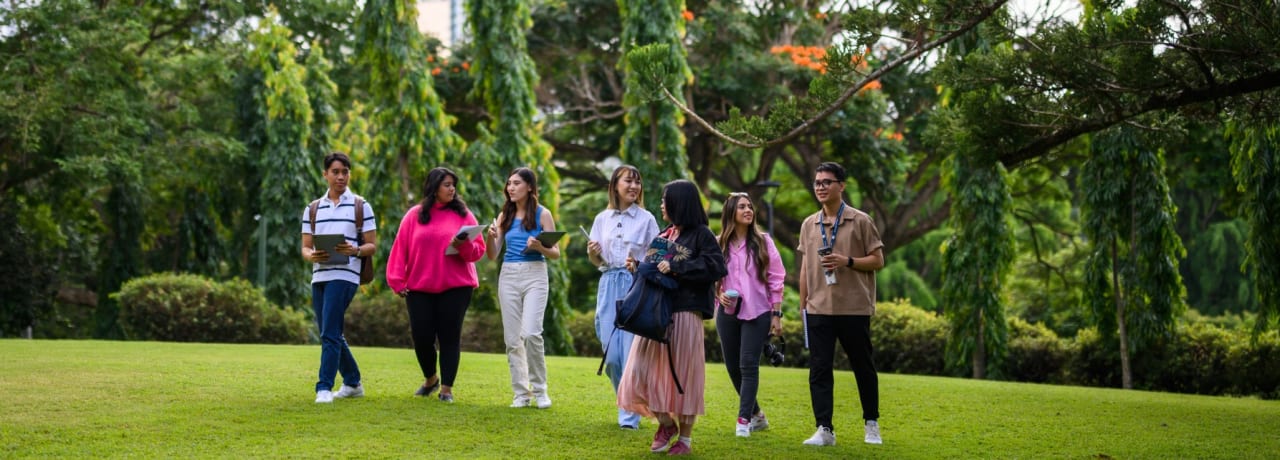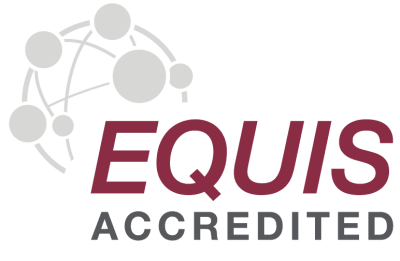QUT is a young university with a global outlook. We’re ambitious and ready to take on new challenges with a future-focused drive. We strive to connect our students with the real world through practical hands-on learning that prepares our graduates for the careers of tomorrow and the future.
Studying at QUT offers you a world-class education in the heart of Brisbane, a welcoming, modern and multicultural city. Brisbane is Australia’s third largest city and known for its vibrant urban precincts, outdoor lifestyle, friendly locals and natural attractions. With more than 50,000 students, including international students from more than 119 countries, you will feel right at home.
QUT’s undergraduate and postgraduate study options include:
What makes QUT the university for the real world?
Real-world courses
Our courses prepare you to graduate real-world ready with the skills you need to find a career in Australia and abroad. You can choose from more than 100 real-world courses and turn your passion into a rewarding career.
Industry connections
We believe in creating opportunities for connection between our students and industry employers through integrated placements, internships and real-world, collaborative projects. Our academic staff consult in industry and work on industry projects which often involve students.
Innovation and entrepreneurship
The skills you need to think creatively with a focus on the future are embedded into our teaching practices. Dedicated spaces are available to help our entrepreneurs find the resources, connections, coaches, or mentors needed for their entrepreneurial journey.
Graduates for the future
A degree from QUT makes you an unstoppable force ready to build, create and connect into the future of tomorrow.
Sustainability
Our vision is a low carbon future. We aim to tackle global challenges and achieve sustainability through research, teaching, campus operations and strategic partnerships. Sustainability has been embedded in our curriculum across a range of courses including science, engineering, fashion, architecture, business, law and urban development.
Transdisciplinary and transformative research
Tackle some of the biggest questions facing the planet by conducting transdisciplinary research relevant to our communities and the world. QUT offers a best practice and transformative learning environment that enables students to advance their research skills, translate them into broader work environments and engage with industry and innovation to deliver real-world impact.






